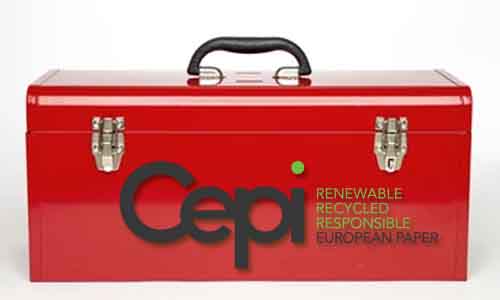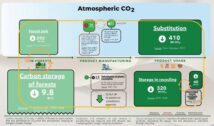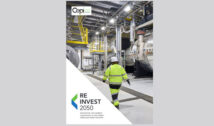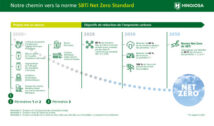
The European pulp and paper industry fully supports the EU objective to reach climate neutrality by 2050. But the presented today “Fit for 55” legislative package is an incomplete toolbox.
Cepi calls on co-legislators to give strong political support to measures that enable our sector to contribute – with decarbonised production, product substitution and sustainable forest management – to reaching the 2030 goals.
This legislative package is a myriad of proposals to align the EU climate and energy policy framework with the new target of reducing net greenhouse gas emission by at least 55% in 2030, namely:
- the extension of the EU ETS to aviation and the maritime sector, and the proposal for a second ETS for buildings and road transport;
- a new target to increase the natural carbon sink to 310 Million tons and a new criteria to avoid unsustainable forest harvesting and to protect areas of high-biodiversity value;
- a new renewable energy target of 40% and a 36% new energy efficiency target for 2030;
- a 55% reduction of emissions from cars and 50% emission reduction from vans by 2030;
- a new carbon border levy on polluting imports;
- internalising the cost of pollution under the EU’s energy taxation.
Today, it is an incomplete toolbox. It fails to address the biggest challenges of transforming European industries.
The proposed framework needs to strike the right balance between imposing economic burden on “Made in Europe” industries and rewarding investments in decarbonisation.
“The pulp and paper industry expects the Members of the European Parliament and Member States to provide the industry with the right tools to shift the sustainability gear in society’s consumption and industrial production,” commented Jori Ringman, Director General of Cepi. “This new policy framework needs to enable further decarbonisation of the sustainable industries by ensuring its global competitiveness in the transformation.”
To deliver on 2030 goals, crucial investment decisions need to happen in the next few years. While our industry is continuously investing in switching to renewable energy and improving energy efficiency, we need the Commission proposals to maintain and create investor certainty. “Now, the pro-investment agenda is missing although the European Green Deal was supposed to be EU’s growth agenda”, Ringman noted.
Access to affordable clean energy is indispensable. All the while, strengthening the global competitiveness of the European sustainable circular business models remains a priority. A level playing field with third countries’ competitors is a must.
In the long run, forest biomass can be increasingly used as a renewable raw material for climate-friendly products and bioenergy, while a sink is maintained as an optimal solution. The co-legislators expressed similar expectations on the Forest Strategy. “Seeing forest as a sink to compensate for some industries’ continued emissions is not a sustainable plan,” added Ringman. “The numbers simply don’t add up unless the fossils are kept in the ground.”
Cepi, our members and companies operating in our sector across Europe will actively engage with co-legislators to create a stimulating policy environment for our industry to simultaneously thrive and meet the European climate goals.

































